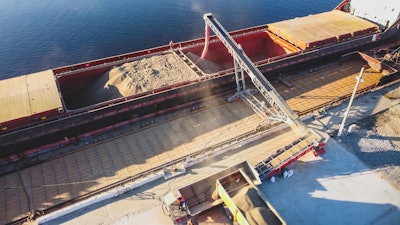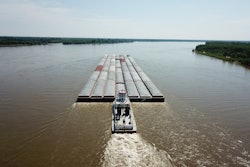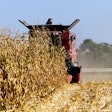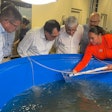
Russia's continued blocking of Ukraine's Black Sea ports and deliberate slowdown of ship inspections are delaying crucial grain shipments around the world, U.S. Ambassador to the United Nations Linda Thomas-Greenfield said in a statement on January 13.
Since a U.N-backed deal in July allowed grain shipments to partially resume, Russia has been accused of deliberately holding up inspections to slow down grain shipments in an effort to discredit the Black Sea Grain Initiative. Russia has also falsely alleged that grain shipments have not made it to countries that need it most.
On December 26, Ukraine's Infrastructure Ministry accused the Russian delegation of deliberately stalling the process. At that time, 99 vessels were currently waiting for inspection in the Bosphorus Strait, with 72 of them headed west to be loaded at ports and 27 already carrying Ukrainian agricultural products.
Ukraine's food exports decreased by 30%
According to Greenfield, Russia’s attacks and continued blocking of some Ukrainian ports have decreased Ukraine’s food exports by approximately 30%.
"Here’s the truth," said Greenfield in her statement. "The Initiative’s operations are not keeping pace with the strong global demand for Black Sea grain. Due to Russia’s deliberate slowdown of inspections, dozens of ships are waiting to depart. And dozens more are waiting for inspections before they can bring their grain cargo to the world."
This backlog means extra expense and extra delay for millions of tons of grain, a majority of which is destined for developing countries, said Greenfield.
"The backlog means 2.5 million tons of grain are just sitting there, waiting to move, and farmers in Ukraine are waiting to plant," Greenfield continued. "Some ships have been waiting for over a month. Grain is moving at just half the rate of the pace back in September and October."
The Initiative should operate as it was envisioned, moving five million tons of food per month, said Greenfield.
"The world’s hungry deserve nothing less," she said. "Today, I’m asking members of the council to join us in urging Russia to scale up cooperation immediately."


















